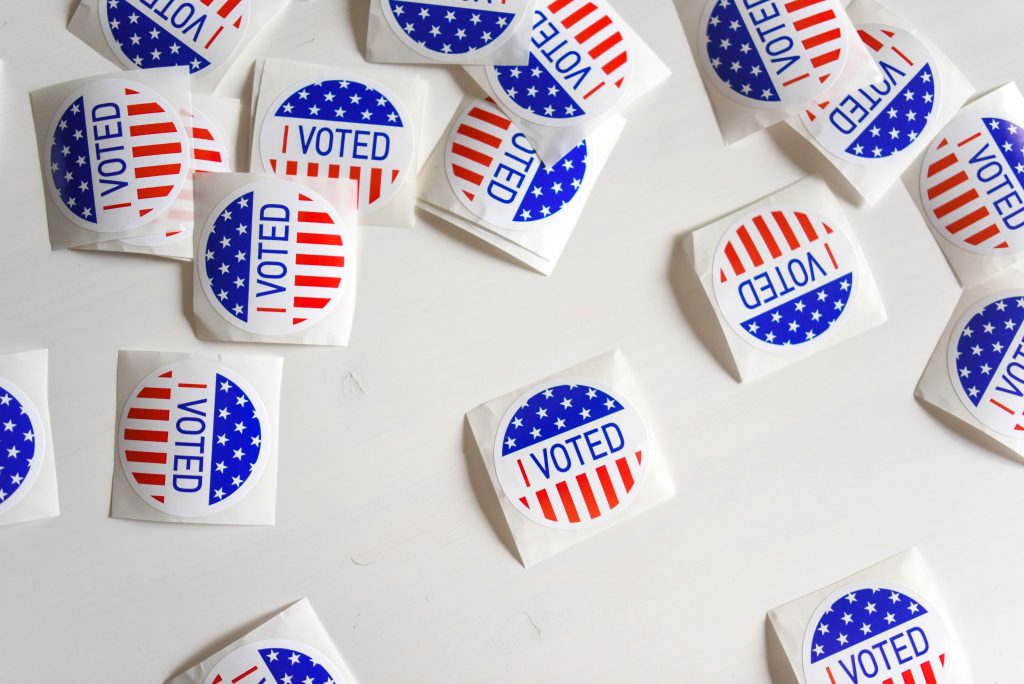
With more than 2 million people imprisoned the United States boasts the highest rate of incarceration in the world. This leaves a substantial portion of the United States population unable to exercise their right to vote.
In November 2018, Florida joined the majority of states to automatically restore voting rights to former felons upon completion of their sentence, including prison time, parole and probation, marking one of the largest expansions of voting rights in decades.
Prior to passing the ballot measure Amendment 4, the process for former felons to regain the right to vote was long and arduous and the decision ultimately rested in the hands of a few politicians. The state’s felony disenfranchisement rule dated back to 1868, the post-Civil War era and was intended to limit black voting power in Florida.
The passing of this measure in Florida created a wave of optimism for criminal justice reform activists. The Tampa Bay Times estimates that approximately 1.2 million former felons, excluding those guilty of murder or felony sex crimes, would regain their basic constitutional right to vote.
However, months later, some politicians are still taking steps to undermine the public’s vote and create legislation that makes the passing of similar monumental, progressive amendments even more difficult in the future.
Florida Governor Ron DeSantis in an interview with the Palm Beach Post said the amendment will not take effect until “implementing language” is passed causing confusion for the immediate future and delaying the bills full implementation.
Among the issues pertaining to the language, lawmakers contend the bill does not define whether the term “murder” includes attempted murder.
The question is, ‘What does that include?’ Obviously murder – first degree, second degree – to me, that means attempted murder, because there is intent, Senator Jeff Brandes said.
Another point up for debate is whether or not the completion of one’s sentence means individuals must also pay all court fines and feeds prior to voting.
Republican legislators have introduced two bills, including a House proposal, which requires those with felony records to fully pay off all pay court fines and fees. This proposal includes fees that were not imposed by a judge as part of their sentence, VOX reported.
Considering the heavy costs associated with incarceration and the insurmountable debt that many incur, this could also prevent most former felons from voting in the near future. Many believe the governor is dragging his feet in an attempt to stall implementation as proponents of the amendment, like Kirk Bailey, the political director of American Civil Liberties Union, perceive it to be “clear and unambiguous,” the Tampa Bay Times reported.
In addition to scrutinizing the language of the amendment, Republican lawmakers are also attempting to make future popular vote revisions to the Florida constitution, like Amendment 4, even harder. The law requires a 60 percent supermajority to enact a revision or amendment, according to Florida House of Representatives.
While Amendment 4 surpassed with 64 percent voting for approval, more than 5 million votes, three weeks after the election, six Republican representatives co-sponsored legislation to increase the required percentage to 66 and 2/3 percent.
[Read Related: 6 Ways to Make Sure Your Vote Counts]
Advocates for the Amendment disagree with the co-sponsored legislation and believe the will of the majority of voters who supported the amendment in 2018 should be respected.
‘We believe the people deserve better than partisan legislation determining who can vote in our state,’ Meade and Neil Volz, leaders of the Florida Rights Restoration Coalition said.
While the rest of the nation has been celebrating the passing of Amendment 4, Florida’s House of Representatives began their regular 60-day legislative session on March 5 where crucial details are being debated on bill proposals to the amendment.
This session will determine how broad the true effect of Amendment 4 will be. Hundreds have already registered to vote but it’s unclear where this leaves potential voters for future elections. The outcome of this legislative session could have significant effects for both 2019 local elections and the highly anticipated 2020 presidential election.
The bill is expected to go to the Senate floor in the near future.




